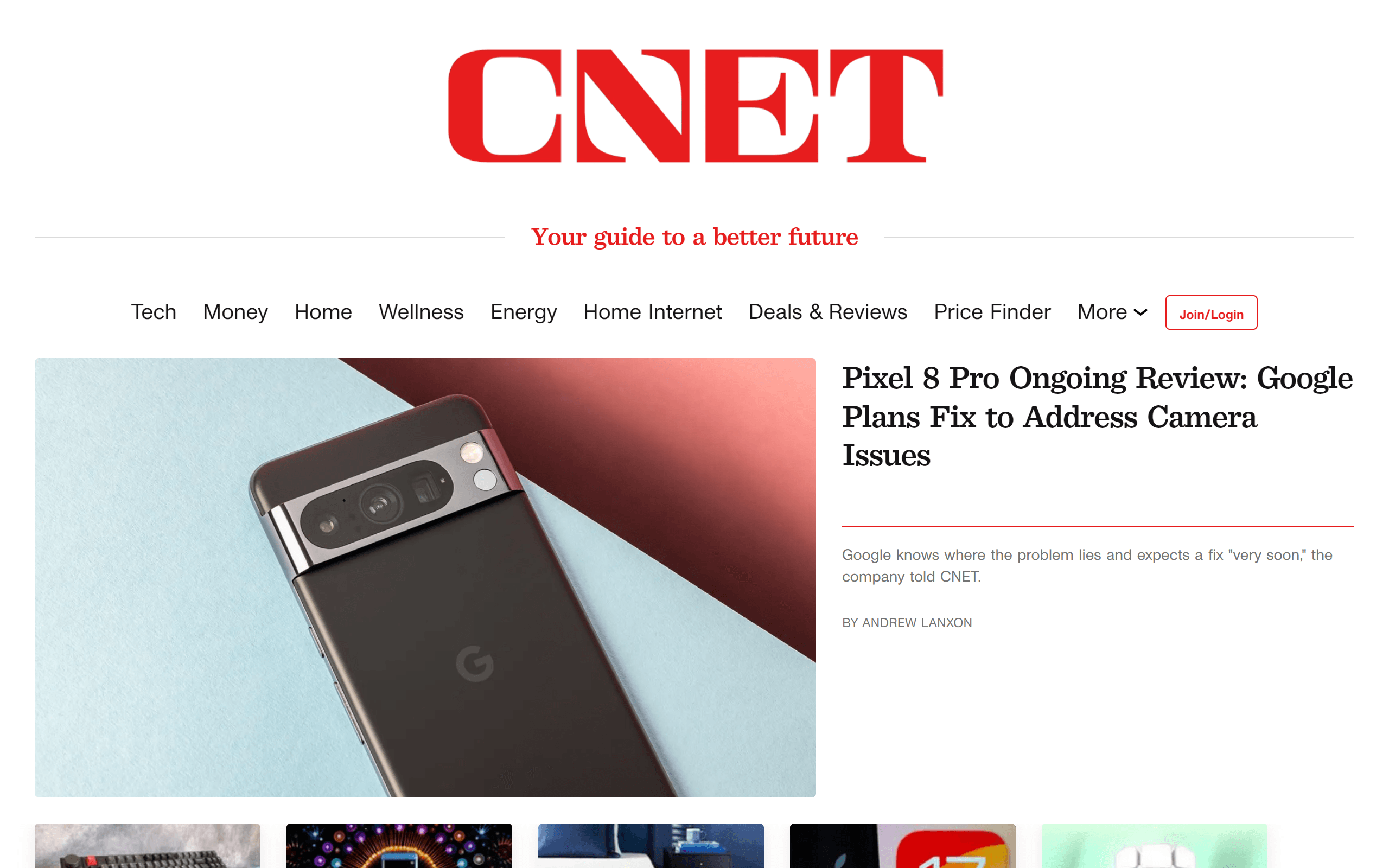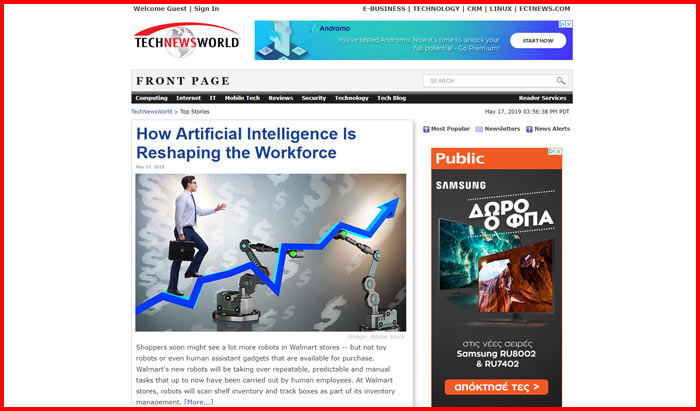Discover the Best tech blog for the most recent Trends and Technologies in Modern technology
Discover the Best tech blog for the most recent Trends and Technologies in Modern technology
Blog Article
How Blockchain Innovation Is Revolutionizing Data Security
Blockchain innovation is fundamentally modifying the landscape of information safety and security by presenting a decentralized framework that assures boosted transparency and durability. Unlike conventional systems, which depend on centralized data databases, blockchain distributes data across a network, decreasing vulnerabilities and single factors of failure. Making use of innovative cryptographic methods makes certain that information remains tamper-proof, cultivating count on amongst stakeholders and users. As sectors rapidly adjust to this innovation, inquiries arise concerning its more comprehensive influence and potential obstacles. What effects does this change hold for future data protection methods and governing frameworks? The responses might surprise you (Best tech blog).
The Essentials of Blockchain
Blockchain modern technology, a cutting edge principle in digital information monitoring, basically transforms how info is kept and secured. At its core, a blockchain is a dispersed journal that records transactions across a network of computers, ensuring openness and immutability.
Trick to comprehending blockchain is the hashing procedure, which secures purchase information right into an unique alphanumeric code. This cryptographic function guarantees that any type of modification in the purchase data results in a completely various hash, consequently securing versus tampering. The consensus mechanism, an additional vital element, confirms and confirms new purchases via a network of nodes, thus getting rid of the need for a central authority.
Additionally, blockchain's append-only structure makes certain that information, once included, can not be removed or modified. This characteristic warranties a verifiable and irreversible document of deals, fostering trust fund amongst individuals. Consequently, blockchain offers a robust framework for data integrity, supplying markets a reputable technique for monitoring and managing electronic information in a safe, transparent fashion.
Decentralization and Protection
Decentralization, a core principle of blockchain modern technology, considerably improves data protection by dispersing control across a network instead than counting on a particular, centralized entity. This circulation alleviates the risk of solitary points of failure, which prevail in typical centralized systems. By spreading data across various nodes, blockchain makes certain that even if one node is jeopardized, the whole network continues to be protected. This redundancy not just fortifies the honesty of the data but likewise raises its strength to cyberattacks and system failings.

Additionally, decentralization empowers customers with higher control over their data. Each individual in the network has access to the whole blockchain, enabling them to verify and examine deals independently. This openness promotes trust amongst customers, as they do not have to count on a central authority to guarantee information honesty. On the whole, decentralization contributes in improving information protection in blockchain networks.

Cryptographic Strategies
At the heart of blockchain technology, cryptographic strategies play a critical duty in protecting data, guaranteeing both discretion and integrity. These techniques are foundational to the blockchain's capability to firmly videotape purchases in a decentralized fashion. Cryptography in blockchain employs a read review mix of symmetric and asymmetric formulas to encrypt information, making it obtainable only to accredited events - Best tech blog. Public and private essential pairs are main to this procedure, permitting safe and secure verification and identification confirmation without disclosing sensitive info.
Hash features are one more vital element, transforming input information right into a fixed-size string of characters, effectively creating an one-of-a-kind digital fingerprint for each and every block. This makes certain that look at here now any attempt to modify the data will certainly lead to a completely various hash, hence maintaining the immutability of the blockchain. In addition, electronic signatures verify the authenticity and honesty of purchases, offering a layer of non-repudiation.
The decentralized nature of blockchain, integrated with durable cryptographic methods, eliminates the requirement for middlemans, reducing possible vulnerabilities. As blockchain modern technology evolves, innovations in cryptography such as zero-knowledge proofs and homomorphic encryption continue to boost safety measures, additionally strengthening data security in this innovative digital journal system.
Use Cases Across Industries

In the healthcare industry, blockchain guarantees the protected storage and sharing of individual documents, advertising interoperability while securing sensitive information from unauthorized gain access to. This technology encourages people with control over their clinical background and assists in seamless coordination amongst doctor.
Supply chain administration benefits considerably from blockchain's unalterable ledger, which ensures traceability and credibility of items from origin to customer. By improving transparency, blockchain aids mitigate issues such as counterfeiting and underhanded sourcing.
Additionally, blockchain's decentralized nature is reshaping the energy field by allowing peer-to-peer energy trading, where consumers can deal excess renewable resource directly. This promotes an extra effective and sustainable power ecological community.
In the world of intellectual building, blockchain gives a tamper-proof system for designers to register and Visit Your URL protect their works, ensuring rightful acknowledgment and fair compensation. These diverse usage situations underscore blockchain's role as an essential force in redefining information protection throughout industries.
Future of Data Defense
As we want to the future of information protection, blockchain technology is poised to play a crucial role in guarding electronic details. With its decentralized and immutable attributes, blockchain supplies a durable structure for securing sensitive data versus unauthorized gain access to and cyber hazards. This innovation guarantees that when information is videotaped, it is almost impossible to alter without detection, therefore offering a significant advantage over conventional information storage approaches.
The integration of blockchain with other sophisticated technologies, such as fabricated knowledge and the Net of Points (IoT), is expected to enhance data protection strategies better. By leveraging wise contracts, organizations can automate and implement security protocols, decreasing human error and boosting efficiency. Additionally, blockchain's ability to provide traceable and clear purchases will boost depend on and responsibility in data administration practices.
As governing landscapes advance, blockchain's compliance-friendly nature will certainly come to be significantly appropriate. It can assist organizations meet strict data protection regulations, such as the General Data Defense Guideline (GDPR) and the California Consumer Personal Privacy Act (CCPA), by giving proven records of data handling tasks. Ultimately, blockchain's unique features setting it as a transformative tool in the ongoing quest to safeguard the electronic world versus ever-evolving cyber hazards.
Final Thought
Blockchain innovation stands for a standard change in data security by leveraging decentralization and cryptographic strategies to improve transparency, trust fund, and data integrity. Its capacity to get rid of single points of failing and use agreement mechanisms significantly lowers the risk of fraud and cyberattacks. This ingenious structure not just equips users with greater control over their information yet likewise lines up with regulatory conformity. As cyber hazards advance, blockchain arises as an essential device for durable information security throughout different markets.
Blockchain innovation is essentially altering the landscape of information security by introducing a decentralized structure that promises improved transparency and durability. Unlike typical systems, which depend on centralized data databases, blockchain disperses information across a network, decreasing susceptabilities and single factors of failure.Decentralization, a core concept of blockchain modern technology, significantly improves data protection by dispersing control across a network rather than depending on a singular, centralized entity.At the heart of blockchain technology, cryptographic techniques play an essential role in protecting data, ensuring both privacy and integrity.Blockchain technology stands for a standard shift in information protection by leveraging decentralization and cryptographic strategies to improve transparency, depend on, and information stability.
Report this page